Text by: Gro Sandkjær Hanssen and Lisa De Roeck
Transdisciplinary dialogue has been one of the main aims of the CONTRA project, where we use theatre-based methods to handle conflicts in urban transitions. Hence, in our final meeting in Oslo in June 2024, we invited external academic experts to get their reactions and feedback on our work on urban conflicts and the DramaLab toolbox. Together with the researchers from the CONTRA project, the city representatives and the theatre makers who were involved in creating the DramaLabs, we had the opportunity to dive deep into the possibilities of theatre-based methods within urban transformations.
Our guests were experts in placemaking, architecture, participatory urban planning, democratic urban infrastructure and experimental methods. They came from all over Europe, for example Belgrade, Turku, Stockholm and Amsterdam. The results we wanted to discuss with them, were related to the following themes:
- A framework for diagnosing the adaptiveness of mechanisms for participation in different spatial planning regimes (written by Arnoldussen, Tobias, Esther van Zimmeren, Katarzyna Szmigiel, Aleksander Wiaderek and Gro Sandkjær Hanssen, to be submitted to European Planning Studies, autumn 2024).
- The role of “spiders” (boundary spanners) in democratic innovation (written by Lackowska, Marta, Joanna Krukowska, Gro Sandkjær Hanssen and Esther van Zimmeren, to be submitted to Local Government Studies, spring 2025)
- Putting agonistic planning into practice through Drama Labs (written by Cato Janssen, Cecilie Sachs Olsen, Barbara Koole, Lisa De Roeck, Celine M. Loades, Merlijn van Hulst and Krzyzstof Janas, to be submitted to Urban Studies, autumn 2024).
- Claim making and conflict configurations (written by Eva Wolf, Wouter van Dooren, Lisa De Roeck, Barbara Koole, Cecilie Sachs Olsen, Celine M. Loades, Joanna Krukowska and Cato Janssen, to be submitted in spring 2025)
The guests we had invited to give us feedback were:
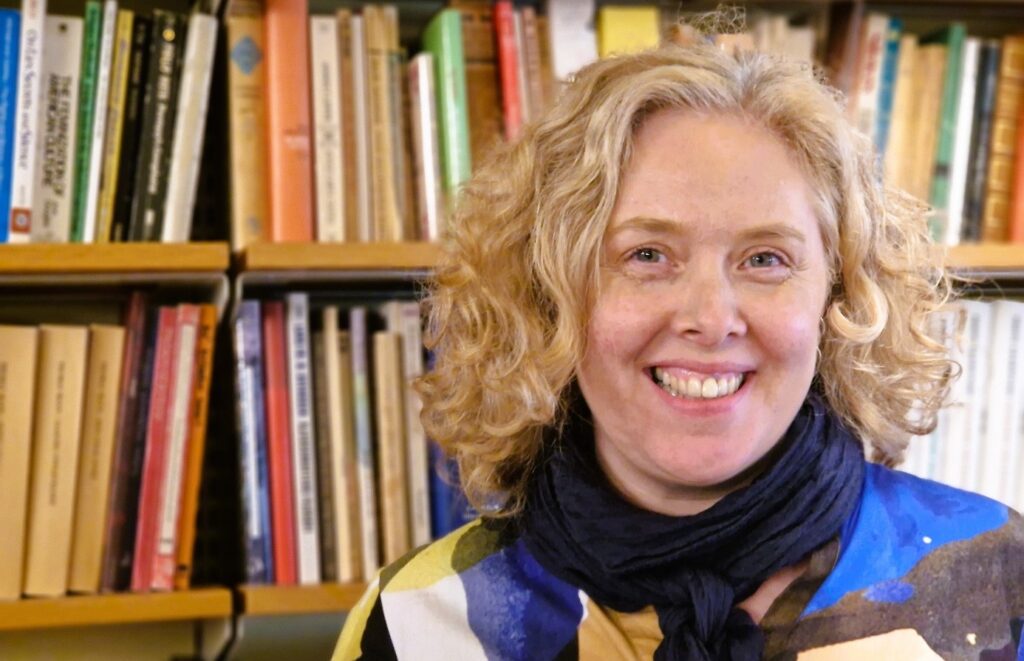
Cara Courage is the Head of Tate Exchange, Tate’s platform dedicated to socially engaged art. Cara speaks internationally on topics covering the C21st museum, the civic and activist museum, socially engaged art in community and museum settings and arts and urban design, placemaking and planning and has published widely on these topics. Cara is author of Arts in Place: The Arts, the Urban and Social Practice (Routledge, 2017), and the co-editor of Creative Placemaking and Beyond (Routledge, 2018), and editor of The Routledge Handbook of Placemaking (Routledge, 2020)
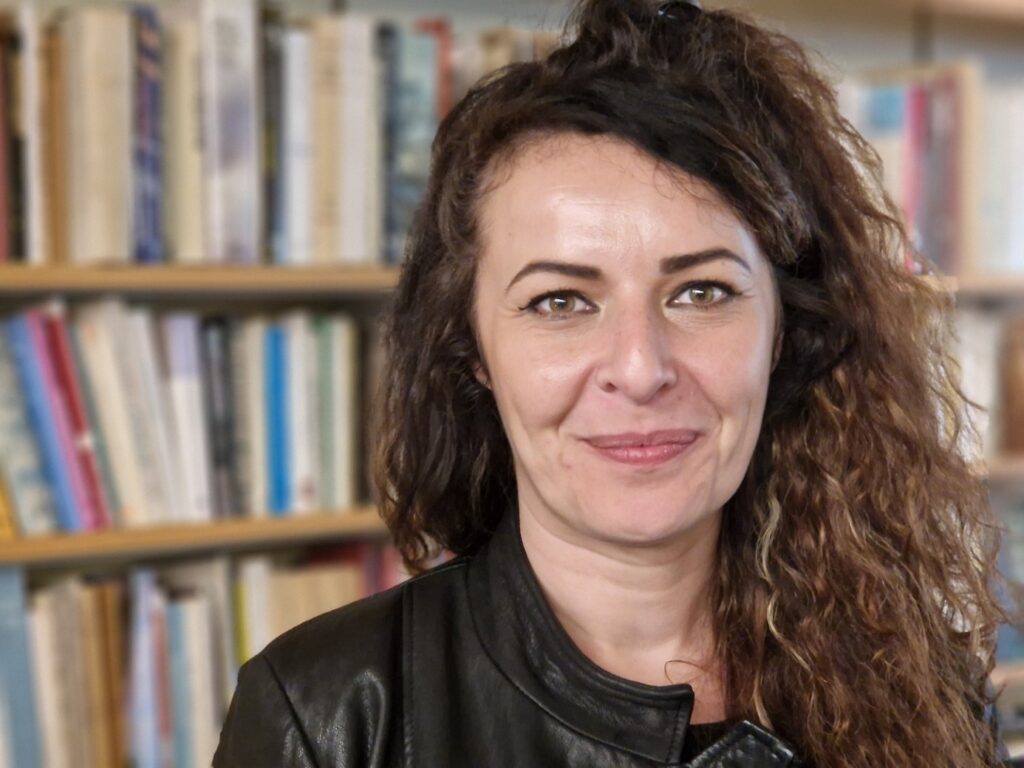
Iva Čukić graduated in 2008 from the Faculty of Architecture in Belgrade where she earned her doctoral degree in urban planning. The areas of her research include public space, self-organisation, DIY philosophy and urban-cultural discourse. In 2010 she co-launched one of the first initiatives aimed at fostering citizens’ participation in urban development, initiating dialogue between citizens, social activist, urban developers, architects and city officials about development of the city, called Ministry of Space.
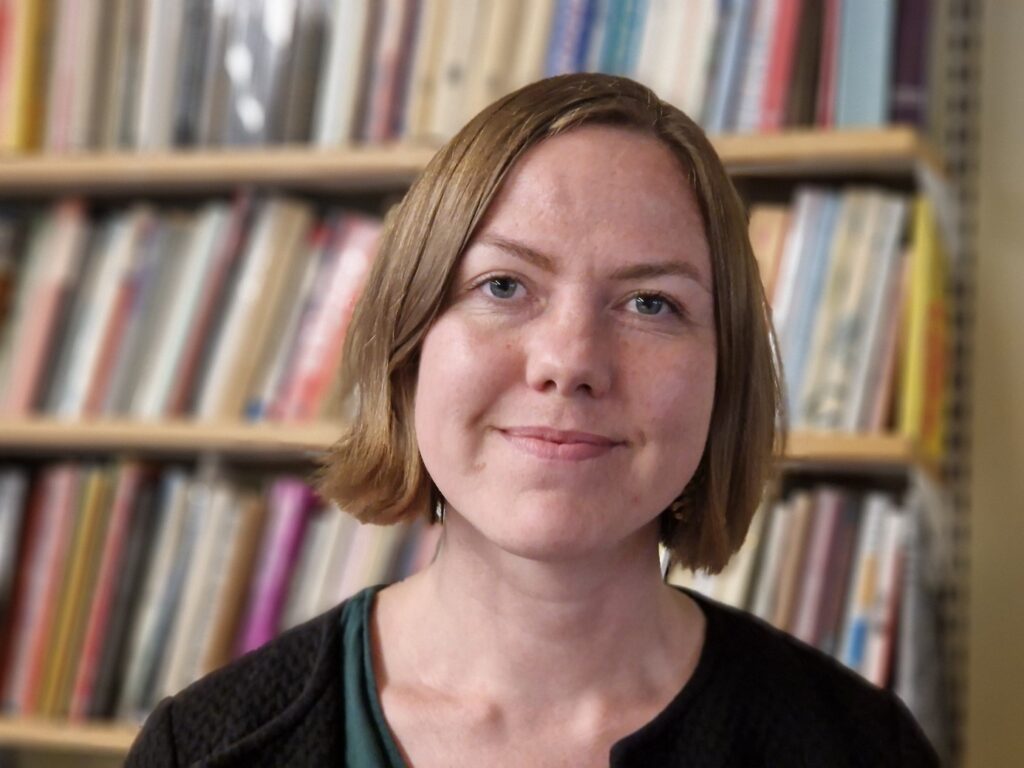
Tikli Loivaranta graduated in 2014 from the department of geography and geology in University of Turku. She did her bachelor thesis on applied drama workshops as a method for participatory urban planning. Her master thesis was about participation in a carbon offsetting tree planting project in Himachal Pradesh, India. Currently she is completing her doctoral thesis on customary laws related to forests among indigenous communities in Central India.
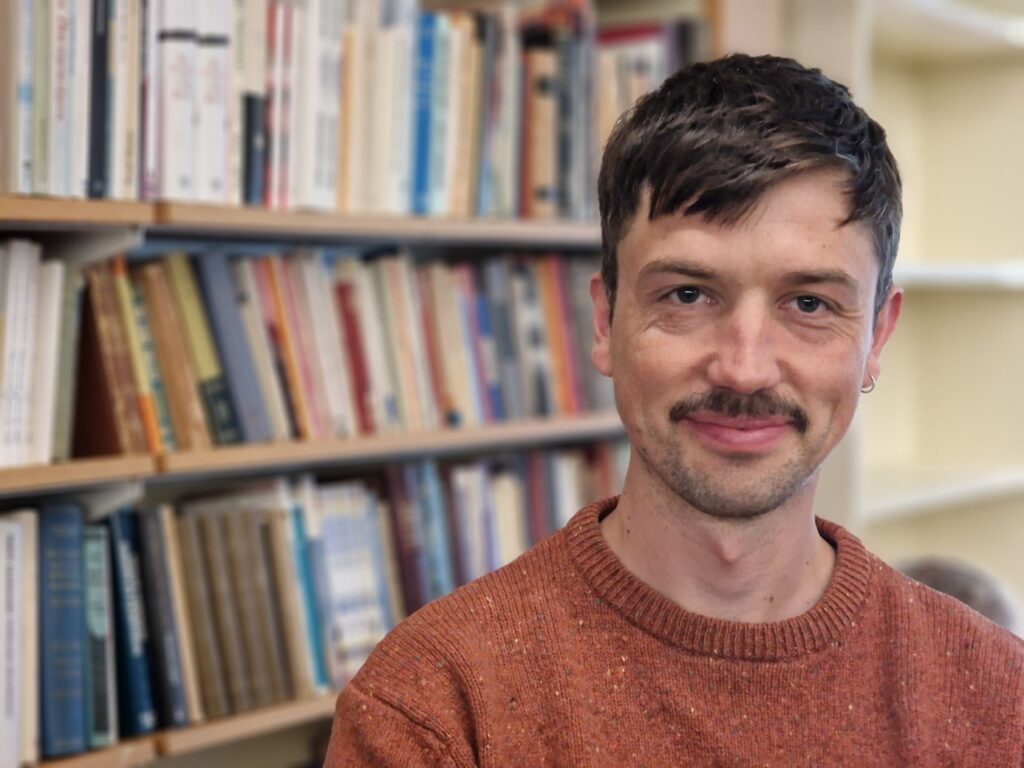
William Hilliard’s professional interests are democratic social infrastructure, sustainable consumption and a just society. He works as a research engineer at KTH Royal Institute of Technology, in Sweden. His works focuses on public space, Urban Living Labs and the renaissance of walking in cities as part of both the EmbedterLabs and Gångbart projects.
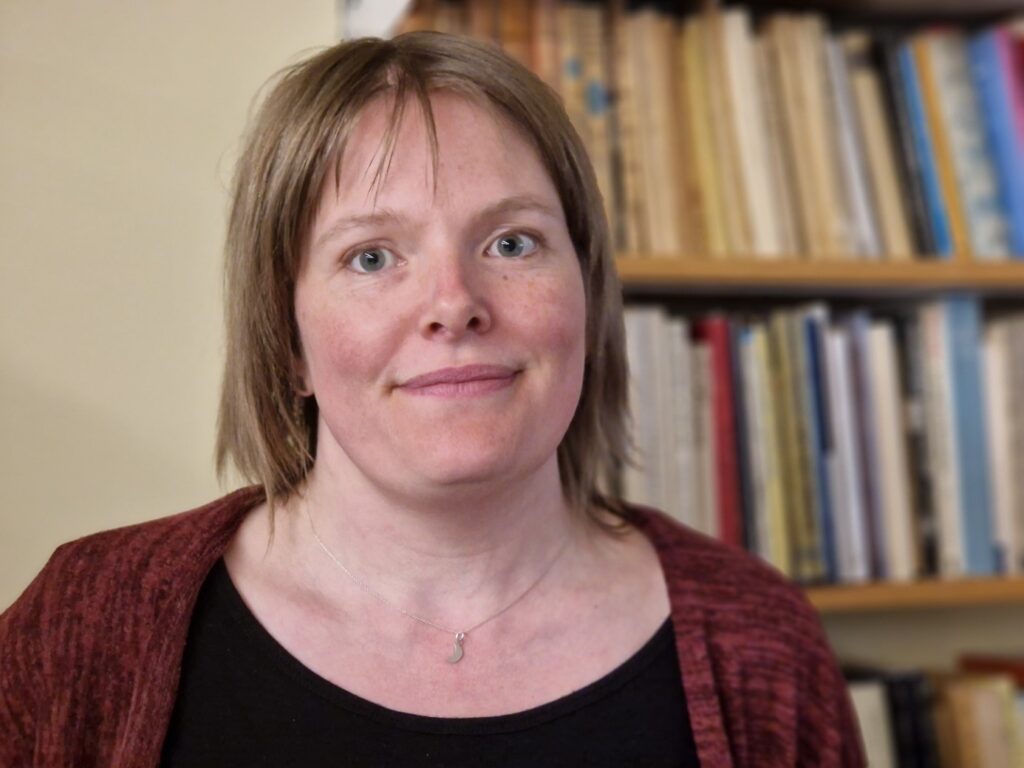
Hannah Saldert is a senior lecturer at University West in Sweden, and a Staff member at Division of Urban Planning and Development. Hannah holds a PhD in Environmental Social Science from School of Global Studies, University of Gothenburg. In her thesis she explored how the discourse of social sustainability shifted in a Swedish development project. Hannah’s current research interests are to continue exploring how socio-ecological relations are governed in local and regional policy and practice.
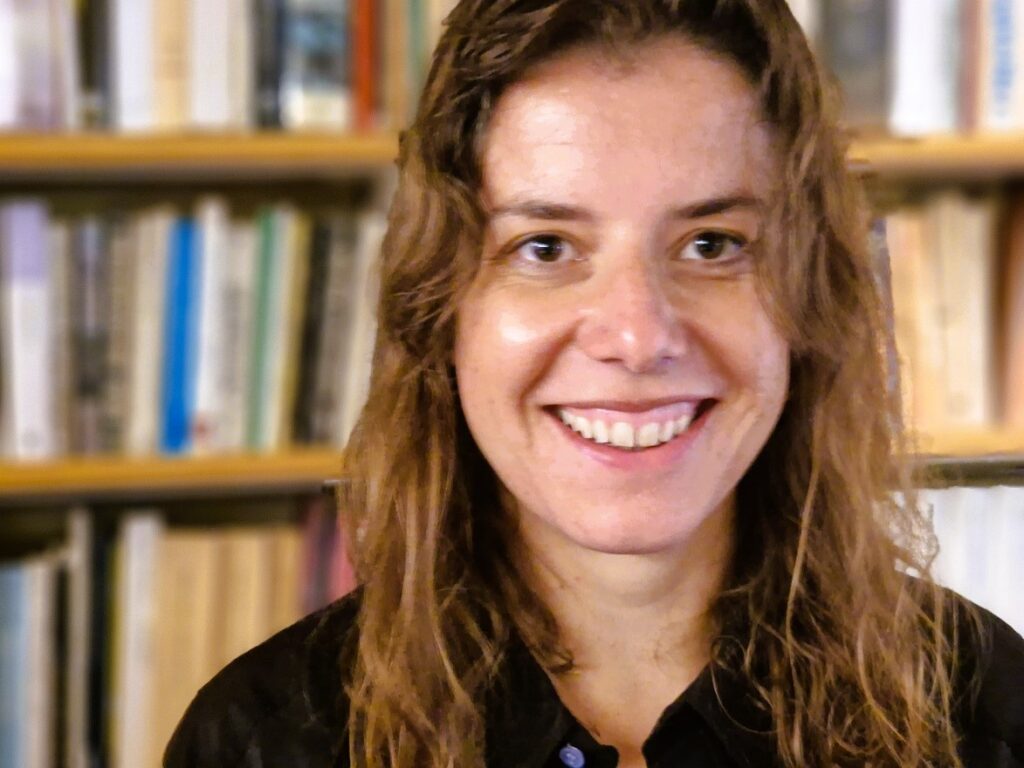
Bettina Schwalm is an experience designer, forger, researcher, and artist. Deeply rooted in an interdisciplinary approach, she challenges the boundaries of her discipline in service of society, culture and the environment. With practice-led research and experimental methods of problem-solving, she likes to work at the intersection of Art and Design, Science, and Education keeping a strong focus on human behaviour. Since 2013 she has worked in the collaborative research and design practice “Present-Futures” and lately with the brilliant team of Radical Norms. She lectures on experience design, design strategy and future thinking as well as writing strategies in universities including Konstfack, KTH (SE), KI(SE), SSE(SE), CEMUS(SE), KHIO (NO), Academy of the Arts Munich (GER), amongst others. She has been affiliated with her research to ArkDes (SE) and KTH School of Architecture (SE) in the department of critical studies and gender theory.
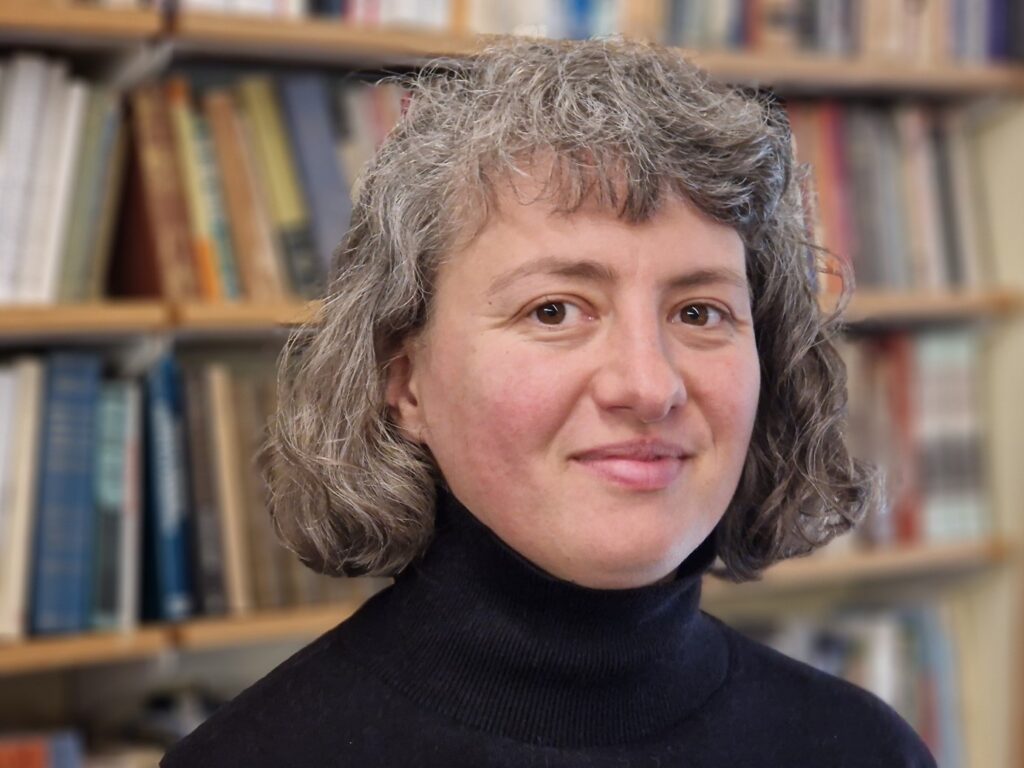
Aleksandra Zemke is a graduate of Conflict Resolution at the University of Amsterdam and the Institute of Applied Social Sciences at the University of Warsaw. In 2011, she founded the non-governmental organization Smilemundo in Spain, creating innovative educational tools supporting sustainable development. For years, he has been cooperating with institutions operating in the field of local policy: United Cities and Local Governments, UNDP, UN – Habitat, Educating Cities and the Province of Barcelona. It creates educational programs for them, primarily related to the 2030 Agenda and innovations in the field of Social and Solidarity Economy.
***
Located in the Literature House of Norway, we spent two days presenting and discussing the use of theatre-based methods in handling conflict in urban transformation processes. Besides the academic partners in CONTRA and our external academic guests, city representatives and theatre makers were also present. This gave a valuable variety of perspectives.
Our discussions touched upon how art as a tool should be present in every planning agency, especially when building and designing inclusive neighborhoods. We also reflected on how we can create a community that enables a democratic space where there is room for such conversations.
Both academics, theatre actors and city representatives agreed that using theatre-based tools contributed to creating another language, and a larger space for dialogue. In processes that have become too heated, using theatre-based methods such as DramaLabs can also work as a healing-processes for generating trust.
City representatives asked how to implement such methods in real-life when they are pressed to stick to tight schedules in planning processes and build a lot of houses in a very short time. At the same time, the underlying goals of the DramaLabs is to foster trust and relationship-building – and all actors agreed that such trust-building could increase the efficiency of planning processes.
Our external guests also questioned and challenged us. For example, when it comes to power, they asked how we incorporated this into our work and how we took the elements of power differences and imbalances into account while implementing the DramaLabs. Another critical comment was how to ensure that these involvement-arenas reached out to other groups than the usual suspects – that often attend such arenas.
We also discussed the overall impact of using theatre-based methods. Here, the debate mentioned several impacts that have been observed in other studies as well; such as:
- Impact for the physical result of planning (design and urban form)
- Impact for community building – as it can contribute to strengthening local communities (and work as collective therapy), increasing local transition capacity.
- Impact for democratic voice (where there is no language for it)
- Impact for educational purposes – mindset-changing, widening of perspectives, teaching people about different possibilities.
- Part of cohesion policy
How then, could this be institutionalized? Here, the academics being law-experts stressed that law must structure expectations but also facilitate social learnings, create networks, stimulate use of science, create a resilient community.
Since conflict is a central element of the CONTRA project, we also took time to reflect upon the presence of conflicts in urban transformations, as well as how conflicts can be studied and analyzed. This was done through an interactive session where we zoomed in on a fictional case and where we had our guests take on a range of roles, to emphasize that conflicts can be studied through different lenses and different perspectives, as well as what the productive capacities of conflict can be.
The discussion among academic partners, city representatives and theater actors illustrated how important knowledge-sharing arenas related to participatory methods are. Using different tools, as theatre-based methods, in urban planning and for handling conflicts is an expertise that has to be learned and elaborated upon, continuously.
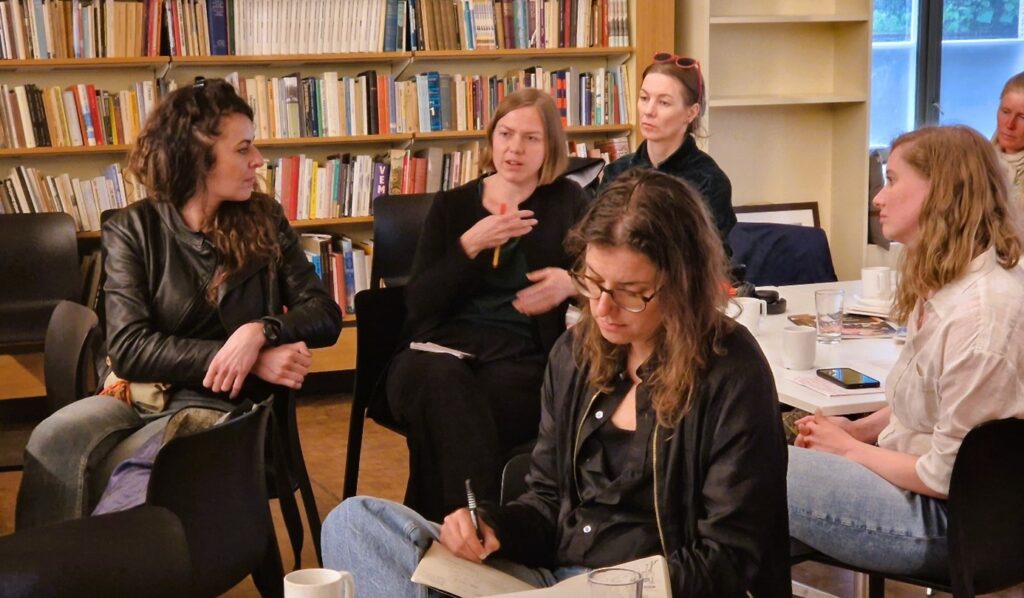

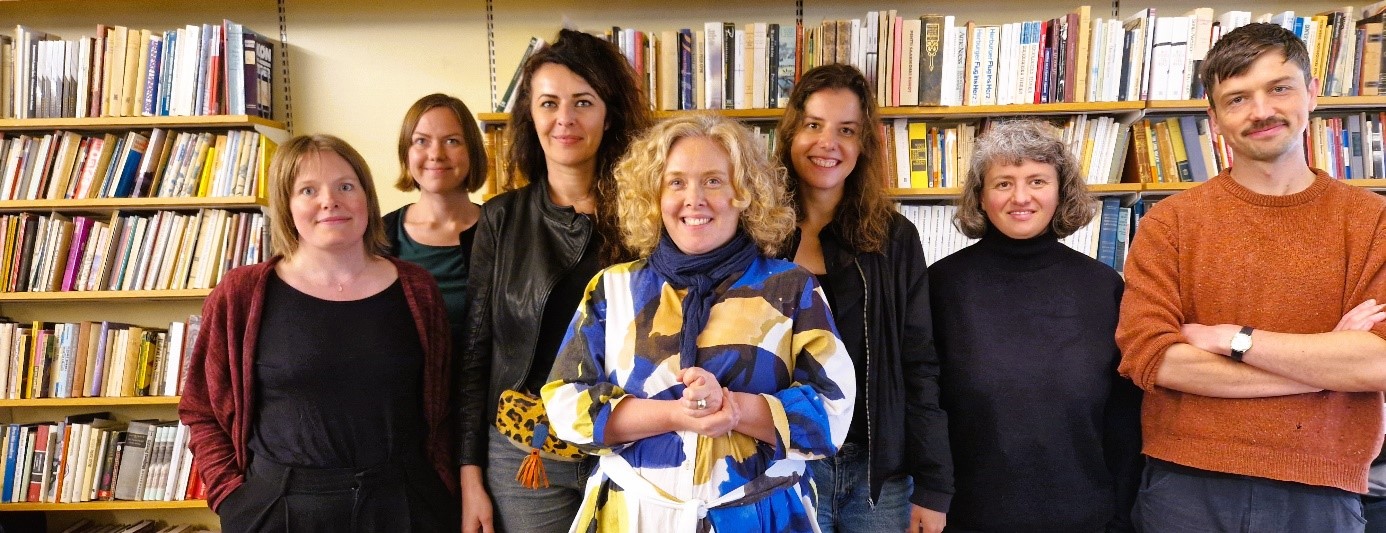






No responses yet